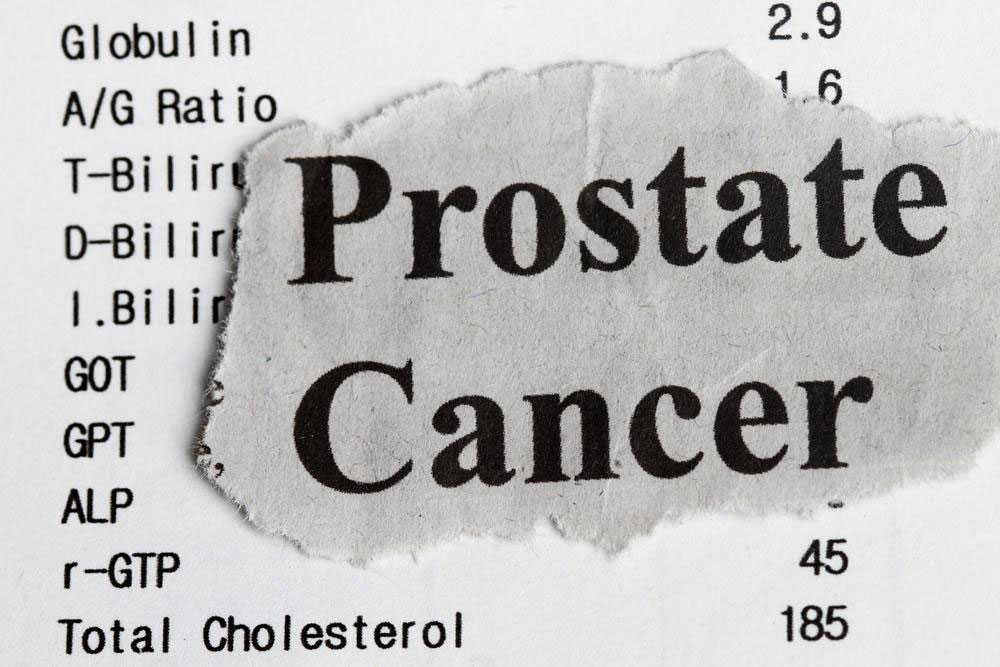
Prostate Cancer and its Risk Factors
Clinical research and studies have revealed genetic inheritance as a risk factor of prostate cancer. The molecular genetics of the disease has been analyzed and further research has given rise to understanding inherited pathogenic anomalies better. The inference is based on extended family members who had the variant pathogens, where the risk factors of prostate cancer became a high probability. Prostate cancer is one of the most rampant cancers that affect men.
Although it may not be fatal in a majority, it may be chronic or life-threatening if undetected. Furthermore, it may, in certain cases, metastasize to other connected parts and grow in intensity. Hence, active investigations of the portrait of the genetic arrangements of prostate cancer and risk factors are closely investigated. Prostate cancer risk factors may include:
1. Family history and ethnicity
Prostate cancer risk factors increase in family history and race. The reason for this is still unclear. Whether it is one’s diet, stress, or lifestyle that results in its high risk associated with particular races is still under scrutiny. For example, although different ethnicities live in the country, prostate cancer risk factors are substantially steep in African-American men specifically. The probability may rise higher if other family members, including extended family, has had an episode of certain types of cancer like ovarian, colon, breast, or pancreatic cancer.
2. Diet
Perhaps, dietary patterns of some men, as a risk factor, are worth considering. Food rich in fat and a highly processed carbohydrate diet is found to be contributors to prostate cancer risk factor too. An interesting study revealed that vitamin D was deficient before cancer screening with advanced stages of prostate cancer in African-American and European-American men. According to this research, vitamin D may be considered an indication of prostate cancer. Moreover, an abnormal deficiency of vitamin D may be a predictor of the advanced stage in prostate cancer. It may be advised to check your blood count on a periodical basis to keep the risk factors at bay.
3. Foods to include and exclude in your plate:
- Red meat and high-fat food may be avoided to reduce the progress of prostate cancer.
- Vegetables and fruits have a positive effect on prostate cancer patients.
- Tomatoes and meals cooked with tomatoes may be beneficial as it is rich in lycopene, an antioxidant that supports the good health of the prostate gland.
- Cruciferous vegetables like broccoli, turnips, Brussels sprouts, and cauliflower which are rich in isothiocyanates may protect against cancer.
- Carotenoids are a class of antioxidant that may help safeguard against cancerous agents. They are present in carrots and sweet potatoes, winter squash, dark green leafy vegetables, and cantaloupes.
- High fiber whole grains such as brown rice, buckwheat, quinoa, and barley may be essential to add to our diet.
- A daily diet of at least one serving of legumes and beans, such as soybeans, chickpeas, lentils, and peanuts, which are enriched with protein and low in fat can be valuable food choices to your daily diet plan.
Over years of formal research, prostate cancer risk factors may not be attributed to one particular reason as a cause. It may be a combination of one’s age, genetics and family history, and diet as a whole. Since age and family are conditions that are beyond our control, a healthy diet and regular assessments may be helpful to counter any prostate cancer risk factor.


